Beyond Social Distancing: Importance of Boundaries
Given the level of uncertainty recently, it’s felt nearly impossible to avoid a near constant stream of bad news. As we begin to settle into new patterns, I thought it would be helpful for us to address some ways that we can get a head start on upending our usual ways of responding to uncertainty. That starts with creating healthy boundaries with some of our most popular outlets of information
1. The News : Many of us find comfort in learning about what is going on in the world at large, or in our community, by staying informed. The news today does not just come from the newspaper or your network programming–it’s all over.
The temptation is to check the news, refresh to see if there’s been any updates on restrictions, the stock market, or the rising tolls of this pandemic. But, that’s actually information overload, and unhelpful to our mental health. Try instead to limit yourself to something more reasonable, like checking only one or two sources, and doing so only once a day. Try scheduling it on your calendar, to do list, or on your phone. If it’s not time to check the news, move onto something else. I would also recommend limiting the amount of time you spend on it when you do check in: perhaps five or ten minutes.
Also, keep in mind that it will be important to stick to just one or two sources of information. Some outlets may sensationalize headlines more than others–this is designed to get you to keep reading, clicking, and tuning in–but is not necessarily helping your mental health. Choose based on information quality.
2. Social Media: The news media and the media created and shared by friends and family has blended in our current age. So much so that it can be hard to use social media as a form of escape from our daily lives. If you’re finding that social media is no longer bringing you joy, escape, or connection, consider taking a vacation from it!
While fully cutting ties to social media may not be realistic for some, others are able to do so and benefit from this approach. If you still desire to stay connected, consider creating limits similar to your relationship to the news. Most social media platforms have ways of “silencing” people, pages, or even specific content.
3. Friends and Family: You want me to limit my time with family and friends? Well, not exactly. What we want to be thoughtful about here is how we interact with them. Do you have family that are vulnerable? Now is the time to check in on them by giving them a call, and seeing if there is anything that you can offer: a listening ear, delivery of important supplies, or just a welcome distraction.
You may also want to think about the importance of connecting with friends and family in a way that provides a break from the constant reminders of the pandemic. Consider reaching out to good, supportive friends and asking if they have time over the next week to have a call–or better yet, a video chat–where you both agree to talk about other things going on in your lives, memories that you’ve shared, or discussing your favorite new book or show. You may be surprised both how willing people are to have a moment to get their mind off everything and how refreshed you will feel afterward!
Boundaries, healthy boundaries at least, are not meant to keep us isolated, but rather allow for us to spend more time with restorative practices, more energy to be there for others, and more time to connect with those that we choose to have in our lives. By limiting the consumption of media–whether it’s the news channel, or your friend’s latest rant on Facebook–you will have more time and mental capacity to care for yourself and others
